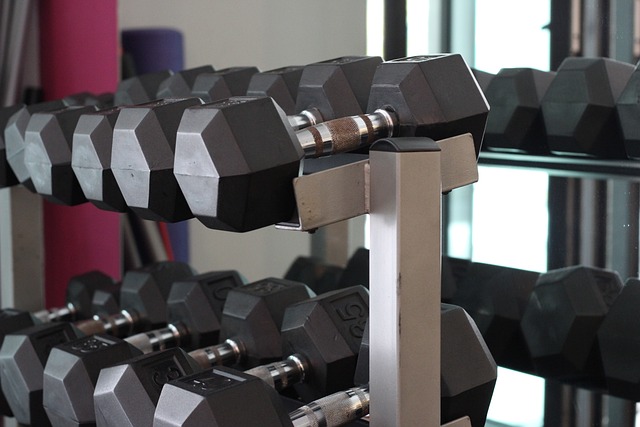 Food-borne illness is more common than you think. Learning how to properly store and prepare food for your family can mean the difference between being healthy and being sick. Information from the United States Centers for Disease Control (CDC) says “that each year roughly 1 out of 6 Americans (or 48 million people) get sick, 128,000 are hospitalized, and 3,000 die of food-borne diseases.â€
Food-borne illness is more common than you think. Learning how to properly store and prepare food for your family can mean the difference between being healthy and being sick. Information from the United States Centers for Disease Control (CDC) says “that each year roughly 1 out of 6 Americans (or 48 million people) get sick, 128,000 are hospitalized, and 3,000 die of food-borne diseases.â€
How can you protect yourself from the types of parasites, bacteria, and viruses that cause food poisoning? The following suggestions will help.
1. Store food properly
This means that cold items should be kept cold and hot items should be kept hot. For example, when you purchase items from the grocery store, put them away as soon as possible. Avoid leaving cold and frozen items in the car while you run other errands. Also, when you offer hot foods to guests at party, make sure that they are kept at the proper temperature if they are going to sit out for some time. Crock pots work well, but beware of warming trays with heat sources that may burn out.
2. Prepare food properly
When preparing a meal, make sure to wash all fruits and vegetables. Also, be sure to thaw foods properly. You should thaw meats in the refrigerator or in the microwave; never set meat out to thaw on the counter. In addition, you will want to keep raw meat separate from other foods. It is also important to follow instructions to make sure foods, especially meats, are cooked to the proper internal temperature. This is crucial for killing any parasites or germs. Finally, after you have finished your meal, refrigerate all leftovers as soon as possible.
FoodSafety.gov has four easy words to help you to remember proper food preparation. They are:
- CLEAN: Wash hands and surfaces often
- SEPARATE: Don’t cross-contaminate!
- COOK: Cook to proper temperature
- CHILL: Refrigerate promptly
3. When in doubt, throw it out!
Having worked in local health departments for 10 years, I know many health slogans. This particular slogan is very helpful in helping to avoid food-borne illness. If you are trying to decide whether to eat something that has been stored in the refrigerator, but you don’t know exactly how long it has been in there, throw it out. There’s no reason to risk getting sick. Most leftovers can be stored safely for four days, and although older foods don’t smell – don’t eat them. In addition, foods can be kept in the freezer for up to a year, yet make sure to discard any parts that have freezer burn.
4. Don’t buy questionable food
By this I mean do not purchase cans that are bulging or that have compromised seams. Also stay away from open packages where the contents have been exposed to air.
5. Visit FoodSafety.gov
This website is chock full of valuable information, from food recalls to food storage and handling tips. It also goes into more details about particular types of food-borne illness from parasites to Salmonella.









